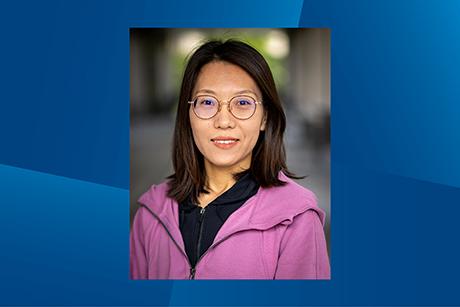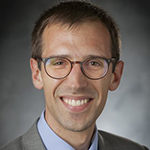
The Alzheimer’s Association has awarded Dr. Chengcheng Song, a postdoctoral fellow in Duke Anesthesiology’s Terrando lab, a three-year $199,969 Alzheimer’s Association Research Fellowship grant for her project titled, “The Impacts of Postoperative Delirium on Alzheimer’s Disease Progression.”
The Alzheimer's Association Research Fellowship is a highly competitive award open to both national and international researchers with the goal of supporting exceptional scientists who are engaged in their post-graduate work and before they have their first independent faculty positions.
Postoperative delirium remains a common, yet poorly understood, complication for many people with pre-existing dementia, including Alzheimer’s disease (AD). This project seeks to understand the long-term impact of postoperative delirium on AD hallmarks, not limited to beta amyloid and tau, but also endothelial dysfunction, neuroinflammation, and behavioral outcomes. Investigators hypothesize that surgical trauma, akin to a predictable stress test in the vulnerable brain, expedites AD pathology by impairing endothelial-microglial signaling.
Song joined the Terrando lab in May of 2023 with an interest in neuroinflammation and neurovascular contributions to delirium during aging and neurodegeneration. Her current work is advancing key mechanistic underpinnings of postsurgical delirium in AD using different mouse models, including testing of novel therapies aimed at resolving neuroinflammation and cognitive outcomes. As part of an ongoing collaboration with Dr. Ting Yang, assistant professor in medicine and co-advisor on this fellowship, Song will learn specific assays to test the role of different cell types present in the neurovascular unit and study their respective contributions to blood-brain barrier dysfunction following anesthesia and surgery. The impact of postoperative delirium in these models will be evaluated over time, focusing both on acute and long-term cognitive trajectories, and will be combined with AD plasma biomarkers, thus offering significant translational potential for clinical applications.

“This fellowship provides a unique opportunity for talented trainees in advancing key questions related to the intersection of delirium and dementia,” says Dr. Niccolo Terrando, professor of anesthesiology, cell biology and integrative immunobiology and project mentor. “This work is quite timely and will contribute to the training of a new generation of scientists dedicated to further understanding the impact of perioperative factors on Alzheimer's disease and related dementias.”